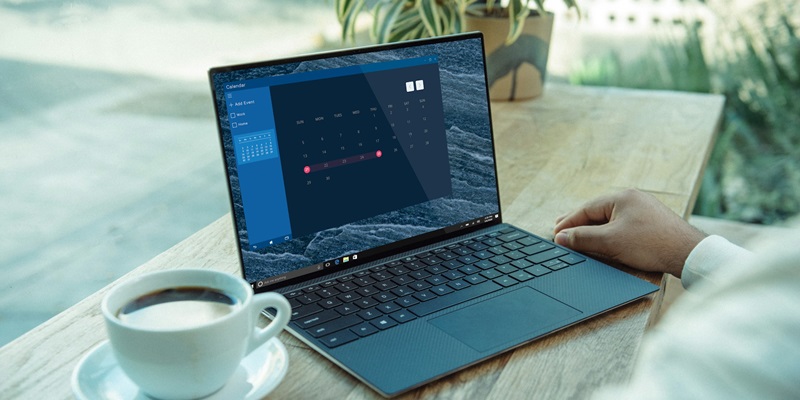In an era where artificial intelligence is swiftly becoming a central feature of our daily tech experience, ASUS has thrown down the gauntlet with its latest creation, the Vivobook S5507. This isn’t just another entrant in the overcrowded laptop marketplace; it is a statement of intent from ASUS, heralding a new dawn for personal computing with AI at its core. The integration of Qualcomm’s Snapdragon X series processors and a unique collaboration with industry heavyweights Microsoft and Qualcomm raise the bar not just for performance, but for personalized user experiences as well.
The AI capabilities promised in the Vivobook S5507 are designed to learn from and adapt to individual user behaviors, offering an unparalleled level of personalized computing. This could range from optimizing power consumption based on usage patterns to predictive text and cognitive understanding that fundamentally change how we interact with our devices. For professionals and creatives alike, the potential for enhanced workflows and smarter, more intuitive technology is tantalizing.
A Pivotal Moment in Laptop Evolution
ASUS is redefining personal computing with the launch of its innovative Vivobook S5507. By harnessing the power of AI, this laptop offers a customized user experience that’s second to none. It takes advantage of the Qualcomm Snapdragon X series processors and stands as a product of a groundbreaking partnership with giants like Microsoft and Qualcomm.
This AI functionality is not just about raw performance—it’s about smart adaptation to the user’s habits. This means the Vivobook S5507 can manage power efficiently, anticipate typing needs, and offer cognitive interaction that could revolutionize device use. It’s not just a leap forward for ASUS but a game-changer for professionals and creative minds who look for tech that keeps up with their pace. The Vivobook S5507 isn’t just a new laptop; it represents the dawn of a smarter era in personal computing, where the technology we use understands us like never before.

